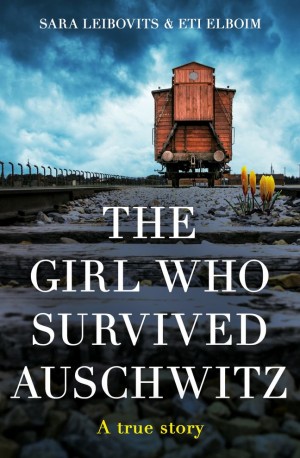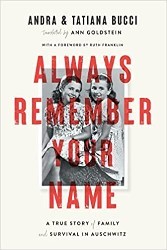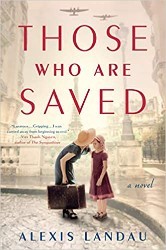Tobias (Toshek) Schiff was a teenager when nazis deported him and his family from Belgium; he was twenty years old when he left the camps. He became a diamond broker and later owned a photography store, then dedicated his remaining years to speaking about his experiences to schoolchildren. His memoir in verse, Return to the Place I Never Left, was first published in 1997 — two years before his death —and has now been translated from the Flemish by Dani James.
Note: This review does not capitalize the N in “nazi” because the translator didn’t either, “because of my conviction that the term, the regime, and the rhetoric they represent should not be capitalized,” James explains in the introduction. She also leaves the orders nazis barked at Schiff, his family, and other Jews in the original German This device creates a chilling effect that allows readers to put themselves in Schiff’s place and help them remember this history to ensure that such events never happen again.
It’s a good goal, though it must have been emotionally difficult for the author to tell a story with profound historical implications that doesn’t fade into background noise — as in, “This happened to them, but it won’t happen to us.” Schiff is frequently able to find a middle ground between education and entertainment by connecting with readers through how he tells his story. In a YouTube video, James notes that the Flemish edition contains little punctuation, something she maintained in her translation, making the book read like a stream of consciousness narrative that mimics oral storytelling and creates an interior monologue that’s more alive than if the poem were punctuated conventionally. Although sometimes the writing is stilted, a book about the Holocaust is entitled to be rough around the edges.
That doesn’t mean it lacks vivid descriptions. Here’s Schiff, for example, writing about what his hunger feels like:
“that abusive feeling / that ugly repulsive critter / it sits in the stomach angry / slithers up / to the throat / to the mouth.”
This shows a writer who is able to toe the line between writing artfully enough to hold readers’ attention while also teaching them about his experiences.
Return to the Place I Never Left, as the title suggests, is about what we don’t — or can’t — leave behind. And in Schiff’s mind, it’s his experiences in the concentration camps that, understandably, won’t escape him. Yet the title may offer a dual meaning: Hopefully we as readers will carry a little bit of Schiff with us wherever we go, not forgetting what happened to him and to so many others — especially in the present cultural moment.
Ruby Rosenthal is a writer and editor based in Chicago. A 2024 Hollins University MFA grad, her work has been published in The Chicago Review of Books, HerStry, Defenestration, and elsewhere. She currently works as an assistant to a novelist.





